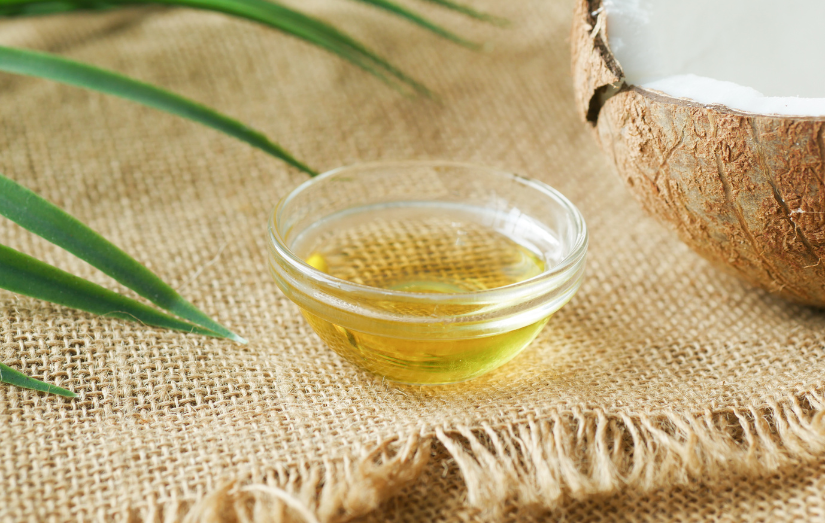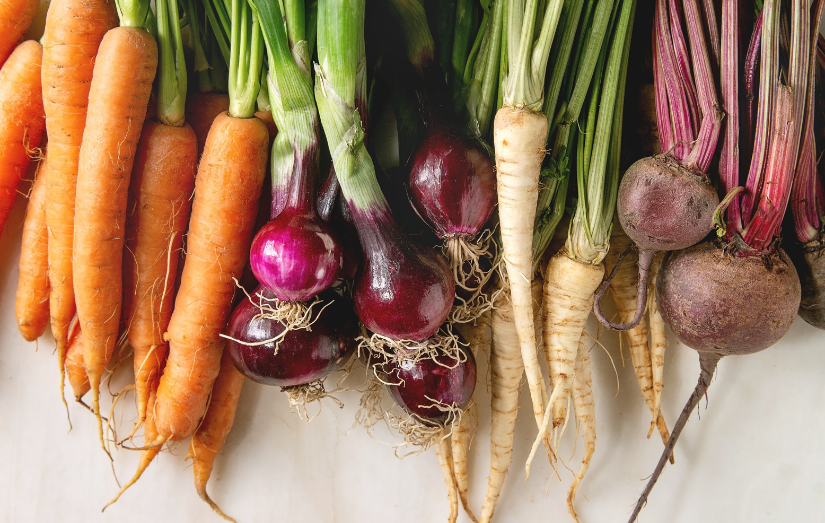The topic of the microbiome has become a hot one these days but the consumption of fermented foods not so much. Most people would prefer to get their fermented foods from beer, sugary store-bought kombucha, and wine. Trust me, in certain situations I am a fan, but to make these an everyday commodity will likely disrupt rather than support your sought-after healthy microbiome.
Fermented foods are beneficial because they are a source of probiotics (bacteria). These foods go through a natural fermentation process by either adding sugar or yeast or some form of a culture to produce a variety of bacterial strains. When we consume these foods we add those strains into our own microbiome which adds to our own diversity and thus overall digestive health. Having a diverse microbiome will help our colon process and eliminate waste, produce short chain fatty acids for the benefit of its health, make mood-boosting hormones, and become an effective detox organ.
What are some good examples of fermented foods?
- Sauerkraut: fermented cabbage
- Kimchi: fermented vegetables
- Miso: fermented soybean paste
- Tempeh: fermented soybeans
- Kefir: fermented milk drink
Ideally, you want to be consuming these multiple times a week, in tandem with a high fiber diet. Although fermented foods will give you the bacteria you need, fiber will feed this bacteria so it continues to proliferate and support a healthy colon.
What are some of the noticeable benefits?
- Improved regularity
- Balanced bodily inflammation
- A healthy mood
- Clearer skin
- Decreased gas and bloating
I personally love to make miso soup and add sauerkraut to my salads or eggs. Yet, the options are endless. See how you can incorporate them and watch your gut health improve.



